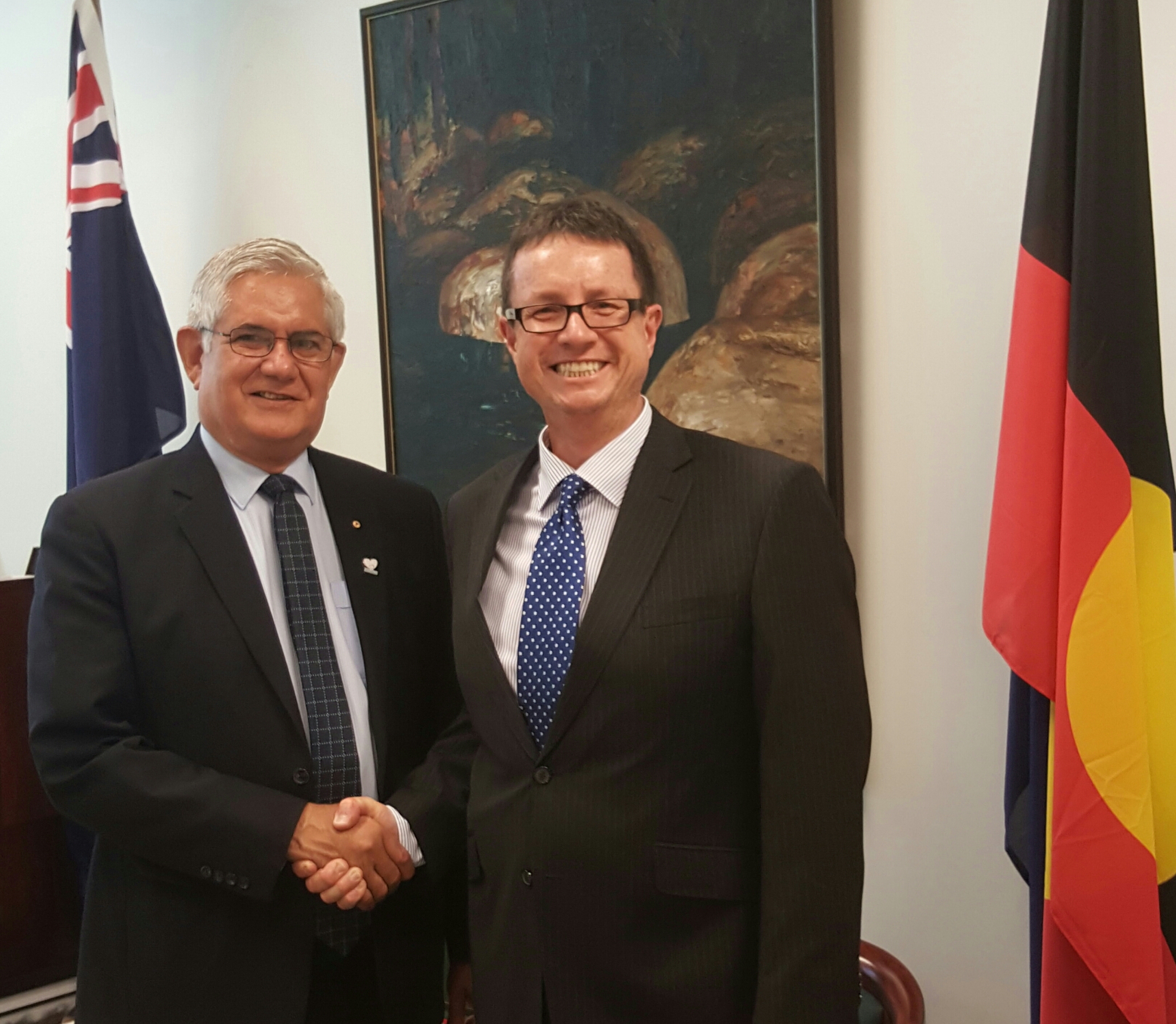At an international scientific meeting in Brisbane, just over two years ago, I attended a session devoted to the health of Aboriginal and Torres Strait Islander Australians. The statistics presented and the picture painted for the assembled group was disheartening. The gap between the health of Indigenous and non-Indigenous Australians seemed too great to bridge.
Discouraged, I asked one of the senior presenters where we could even start to help, to put things right. “That’s easy,” he replied, “You start by making women healthy. The rest will follow.” At the time, I was Vice-President of the Royal Australian and New Zealand College of Obstetricians and Gynaecologists (RANZCOG). This advice was something I could work with. Two years later, I am President of RANZCOG. Improving the health of Indigenous women is the biggest challenge that I, and my College, face.
“That’s easy,” he replied, “You start by making women healthy.
Women, and mothers in particular, hold a special place in Indigenous communities. Women manage not only their own health, but the health of their children; the health of their partners; and often the health of other relatives. Women who are healthy and health-literate are the single most important influence on the health of their communities.
Health begins in the womb. A healthy environment for a baby during pregnancy is perhaps the strongest influence on life-long health for all of us. This is especially true for Indigenous Australians. Babies of Aboriginal women tend to be smaller, and this reflects many influences: socioeconomic disadvantage; the mother’s nutrition; illnesses during pregnancy. Importantly, it can reflect alcohol consumption and use of tobacco.
Indigenous women have less opportunity to become healthy and prepare for pregnancy. When pregnant, they see their midwives and doctors later in pregnancy, and less often than non-indigenous women. They have lesser access to the standards of antenatal care that other women take for granted during pregnancy. They suffer racism, marginalisation, and exposure to violence.
The babies of Aboriginal women are more likely to be born prematurely, and more likely to die in pregnancy or soon after birth. As infants, their mortality rates exceed those of non-Indigenous infants. They are more likely to suffer childhood diseases.
The babies of Aboriginal women are more likely to be born prematurely, and more likely to die in pregnancy or soon after birth.
As adults, Indigenous Australians are more likely to be hospitalised. The reasons for this include injuries, infections, and kidney disease in particular. Cancers – lung cancer and cancer of the cervix – are much more likely to strike Aboriginal women. Women are more likely to die from cancer, and cervical cancer in particular has a death rate more than four times higher. Indigenous women are less likely to participate in screening programs that can prevent cervical cancer.
So many of these problems are completely preventable, and arise from what we call ‘social determinants of health.’ Social conditions and economic opportunity influence health at all levels, from the individual up to the entire community. Education, income and employment, adequate housing, access to health and other services, social supports – all of these play a role in shaping health.
Many Australian doctors struggle to understand how Indigenous people view medical treatment. For many Aboriginal people, health is viewed as the social, emotional, and cultural wellbeing of the whole community. It is subsumed into a connection to the land, the community, social relationships, and the environment.
Trust is a major factor influencing the way Indigenous people access, and interact with, the health system. Many will have had bad experiences with our hospitals and health-care workers, however well-meaning many doctors and nurses are. It is common to have Aboriginal people discharge themselves from hospital against the advice of their carers.
Pregnancy is a time when it is possible to turn this around. It is a time when it should be possible to build good, trusting relationships with women and their families. By making the effort to tailor maternity care to the needs of Indigenous women, it should be possible to engage in a positive way. To promote health screening, and help build enduring relationships with carers.
Pregnancy is a time when it is possible to turn this around. It is a time when it should be possible to build good, trusting relationships with women and their families.
Recently, the Presidents of a number of medical Colleges met with the Indigenous Health Minister, the Honourable Ken Wyatt. Over the course of the morning, it became clear that there is a new determination to put things right. To identify and work hard to remove the roadblocks to health for Indigenous Australians.
As the saying goes, every great journey begins with a single step. Making sure that Indigenous women prepare for pregnancy, have healthy pregnancies and births, and that their children are healthy, are all key to long-term improvements in community health. I am hoping that we can all take these steps together.
Learn more about Indigenous women’s health at:
http://www.healthinfonet.ecu.edu.au/population-groups/women/reviews/our-review#infant-mortality




